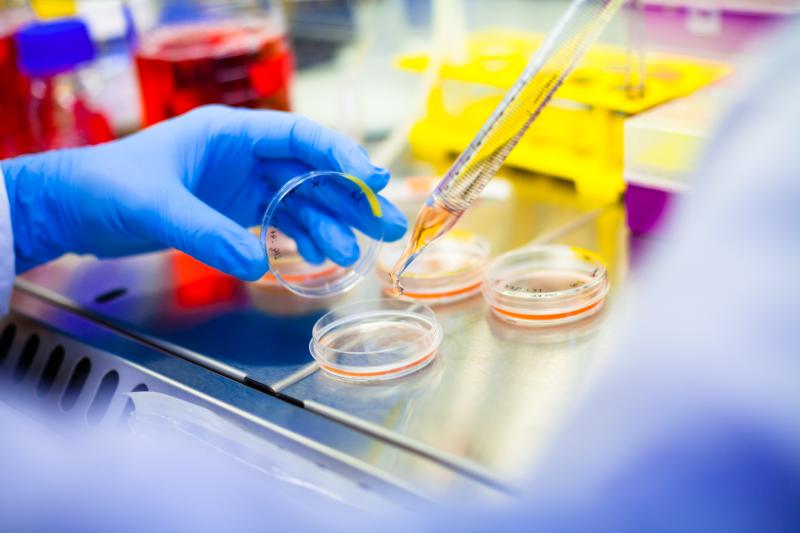 Scientists fear new regulations would limit the potential of stem cell therapies.
Scientists fear new regulations would limit the potential of stem cell therapies.In cancer survivors who received haematopoietic stem cell transplantation (HSCT) while they were young, distress, fatigue, and physical functioning are strong correlates of social function, a new study has found.
Researchers conducted a cross-sectional analysis of 279 HSCT recipients (52 percent male), who received the transplants between the ages of 15–39 years. The Short Form-36v2, Fatigue Symptom Inventory, Cancer and Treatment Distress, and ENRICHD* Social Support Inventory tools were used to collect patient-reported outcomes.
The mean social functioning score was 48.5±10.5, which was significantly lower than the age-adjusted normal for 25–44-year-olds (p<0.001). Current chronic graft versus host disease (cGVHD) emerged as a significant correlate of social functioning in univariate analysis, as did fatigue, physical functioning, social support, and cancer- and treatment-related distress.
Hierarchical regression analysis confirmed that cGVHD was a significant correlate, explaining 5.5 percent of the variance in social functioning (p≤0.001). Introducing physical function and fatigue in the model accounted for an additional 46.6 percent of the variance (p≤0.001), though it attenuated the role of cGVDH (p=0.68).
Further incorporating social support and cancer- and treatment-related distress accounted for another 7.7 percent of the variance in social functioning (p≤0.001).
In the final regression model, only fatigue, physical function, and cancer- and treatment-related distress remained significantly correlated with social functioning. Taking all variables together explained more than half (59.8 percent) of the variance in social functioning.
“Our findings support the long-term value of building stamina, reducing fatigue, and maintaining active symptom and distress management for long-term cancer survivors who received HSCT as young adults,” researchers said.
* Enhancing Recovery in Coronary Heart Disease Patients